Rome
CNN
—
The case of Emanuela Orlandi, the 15-year-old daughter of a Vatican employee who went missing in Rome 40 years ago, has taken another twist as her brother dismissed what he described as a “shameful” attempt by the Vatican and Rome prosecutors to cast blame on the family by suggesting a dead uncle was behind the teenager’s unsolved disappearance.
The case has gripped Italy ever since and sparked conspiracy theories involving everyone from the mafia, to international terrorists to the top ranks of the Catholic Church. It gained further international attention with the release last fall of Netflix’s “Vatican Girl” docuseries by filmmaker Mark Lewis.
Pietro Orlandi, who has dedicated his life to the search for his missing sister, made the comments at a press conference Tuesday, a day after the Italian news channel La7 ran a special report based on documents included in an investigative dossier the Vatican handed over to Rome prosecutors in June after reopening the case in January.
Among the documents was correspondence between Agostino Casaroli, then Vatican secretary of state, and a Colombian priest who had been the spiritual guide and confessor of the Orlandi family.
According to the documents turned over by the Vatican to the city of Rome prosecutor, which Pietro Orlandi and his lawyer Laura Sgro verified as authentic, Mario Meneguzzi, who was married to Emanuela’s maternal aunt, had sexually harassed Emanuela’s then 21-year-old sister Natalina, around the period the teen disappeared, suggesting he may have abused the missing girl.
The document about the uncle, which the prosecutor gave the Italian television program, suggests that the potential lead was overlooked, even though the Orlandi family says the claim against the uncle was investigated and his involvement dismissed. Now the Orlandi family fears that the Vatican dossier does not include investigatory leads they hoped the Rome prosecutor would follow – primarily that the Vatican was somehow involved.
Orlandi wrote on his Facebook page after the program aired that his hopes of hearing “some good news” had been dashed. “By the way, my uncle was 200 kilometers (124 miles) away on holiday with his family that evening when my father phoned him and he came straight away to Rome – things the Prosecutor’s Office knew very well because everything has been in the documents for 40 years. A shameful action that happened this evening.”
The Vatican has also responded to the documentary, with a spokesman saying “the Holy See shares the family’s desire to get to the truth about the facts and, to this end, hopes that all investigative hypotheses are explored.”
The spokesman also stressed that the unnamed priest had not broken any vows related to the sacred sacrament of penance, commonly known as confession, since the priest had spoken with Natalina both in a confessional and conversational setting
Emanuela disappeared on June 22, 1983 after a lesson at a music school adjacent to the Sant’Apollinare Opus Dei Catholic Church near Piazza Navona in Rome.
The teenager was the daughter of a prominent Vatican employee and lived inside the fortified walls of Vatican City, where her mother still lives.
On the 40th anniversary of her death, Pope Francis mentioned the saga in his Sunday angelus, expressing his “closeness to the family, above all, the mother,” adding that he prayed for them and “all families who carry the grief, the disappearance of a loved one,” which gave hope to Orlandi family that perhaps the documents in the Vatican dossier might uncover a new lead.
Natalina Orlandi told the press conference that her uncle had “tried” to approach her for around a month, but she refused and eventually involved her boyfriend at the time.
“Then it was over, we never looked back,” she said, adding that the family had maintained good relations with the uncle, his wife and their children. While admitting that she had a “poor” opinion of her uncle, who died a decade ago, she does not think he was involved in her sister’s disappearance. “We exclude the possibility,” she said.
Pietro Orlandi emphasized that his sister Natalina was 21 and Emanuela was 15 at the time. “That would be pedophilia, a whole different story,” he said, when asked if he also excluded the uncle as a suspect.
Laura Sgro, the attorney for the Orlandi family, said at the press conference that the authorities had also cleared the uncle.
“The Italian judiciary had already dealt with this affair in the early 1980s without arriving at any result,” she said. “I hope these are not the only papers, which are by no means new, that the Vatican prosecutor has sent to the Rome prosecutor.”
The uncle, Meneguzzi, was questioned by police in 1985, according to documents presented on the La7 program and at the press conference, and his whereabouts outside Rome were corroborated at the time – meaning that even though he did harass Emanuela’s sister, which is a matter of public record, he was never considered a suspect by the Italian authorities in the teen’s disappearance.
After Emanuela disappeared, the uncle returned to Rome and played an integral role in fielding calls to the house, many of which contained tips and leads from alleged kidnappers. Eventually the Vatican secret service took over that role and manned the phones, keeping records that are part of their criminal investigation, according to Pietro Orlandi’s statements in various interviews and books he has written over the last 40 years.
The Vatican Promotor of Justice Alessandro Diddi said when handing over the dossier in June to Rome police, that he had found “some investigatory leads that merit further consideration,” adding at the time that he had sent “all the relevant documents in the past weeks to the Prosecutor of Rome, so that he can review them and proceed in the direction he considers most opportune.”
It is unclear if the uncle angle is what he was referring to. A spokesperson with the Rome prosecutor’s office told CNN that they could not comment publicly on the case.
Pietro Orlandi gave an emotional plea at the press conference, asking why neither the Vatican nor the Rome authorities were focused on the people he asked them to interview, and the angles that he and the family felt had not been investigated properly.
“Why focus on our uncle when that case was closed 40 years ago?” he said. Instead, the family is pushing for a parliamentary commission investigation, which has been suggested but not approved, in order to access the Italian secret service investigations that are currently sealed.
Sgro also said that the only way to find the truth about what is in the investigatory records is through parliamentary intervention, which is rarely granted for individual cases.
Emanuela’s disappearance has been tied by the family and others to the organized crime gang Band of Magliana, whose leader Enrico de Pedis was buried in the Opus Dei church near where she disappeared. His body was exhumed by permission from the Vatican in 2012 in an unsuccessful search for her remains.
The Vatican has twice searched for her body, once in 2018 on the grounds of the Holy See embassy to Italy in Rome, where human remains found under a sidewalk did not match Emanuela’s DNA, and again in 2019, when the Vatican agreed to open the tomb of two German princesses thought to be buried on Vatican grounds.
The princesses’ bodies were absent from the tomb in the Pontifical Teutonic College and there was no sign of Emanuela’s remains there either. Two ossuaries were later found under a secret door inside the tomb.




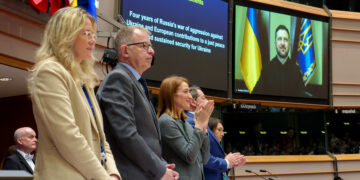





















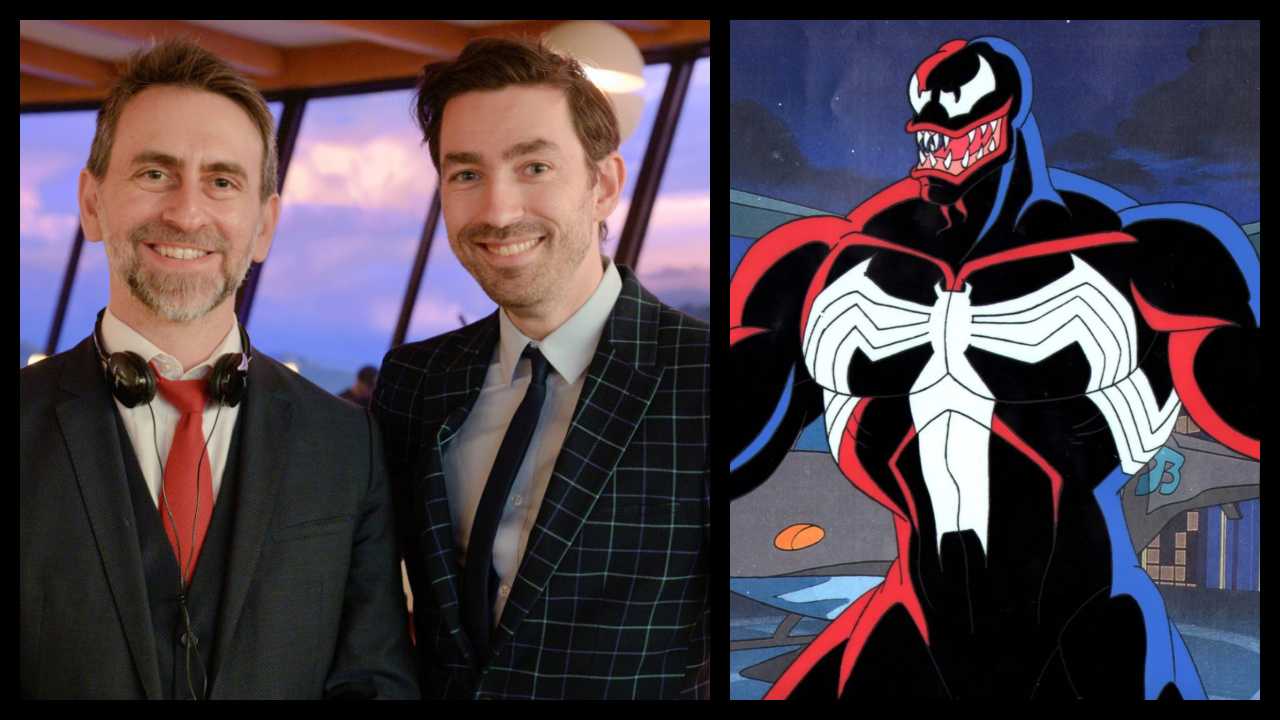
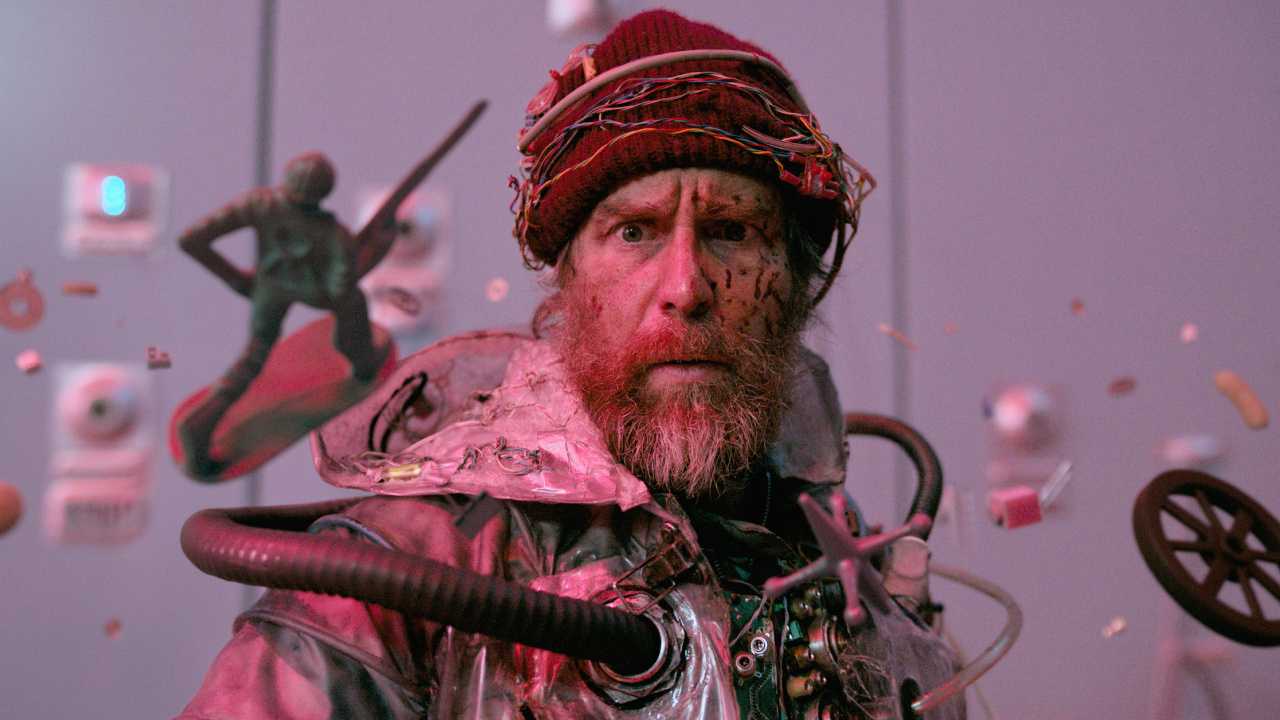
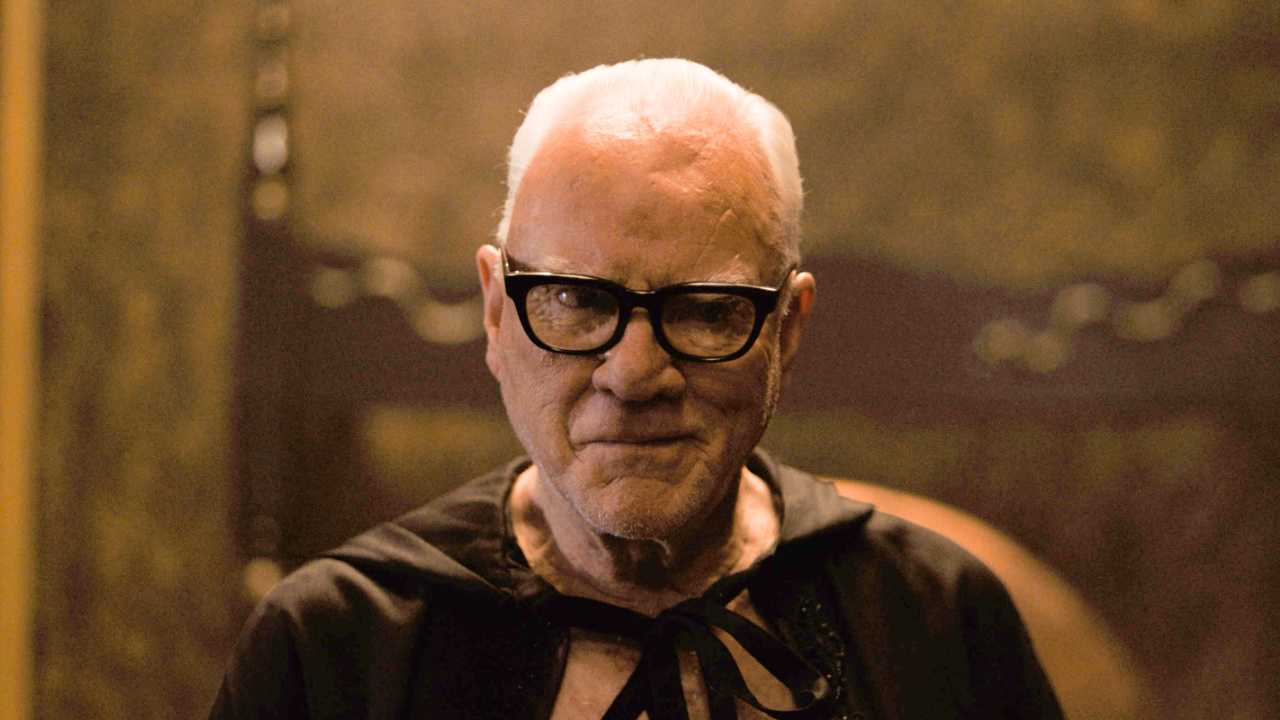
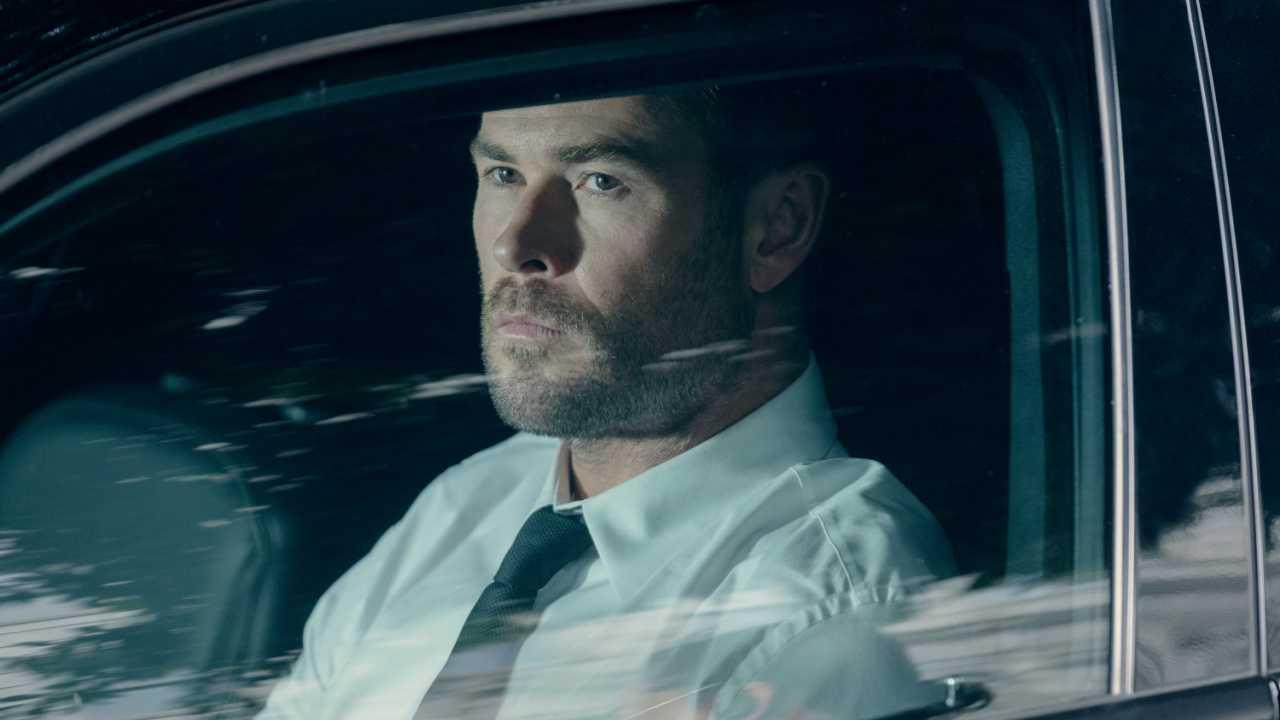


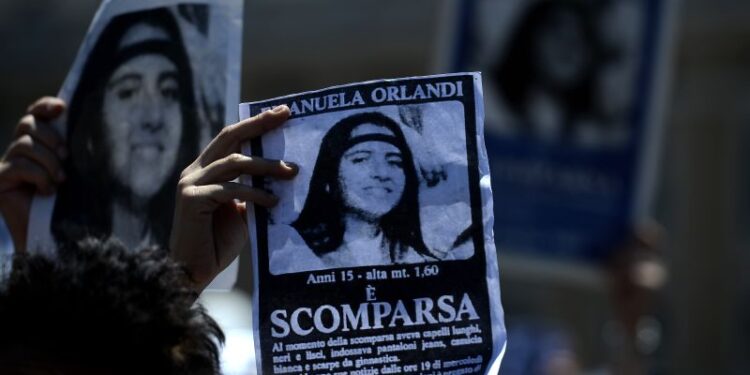



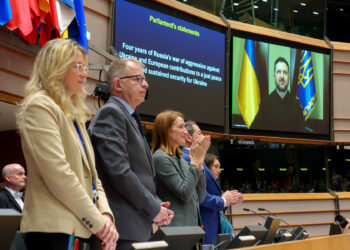
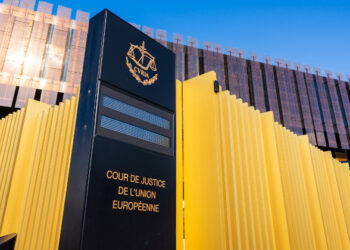




Discussion about this post